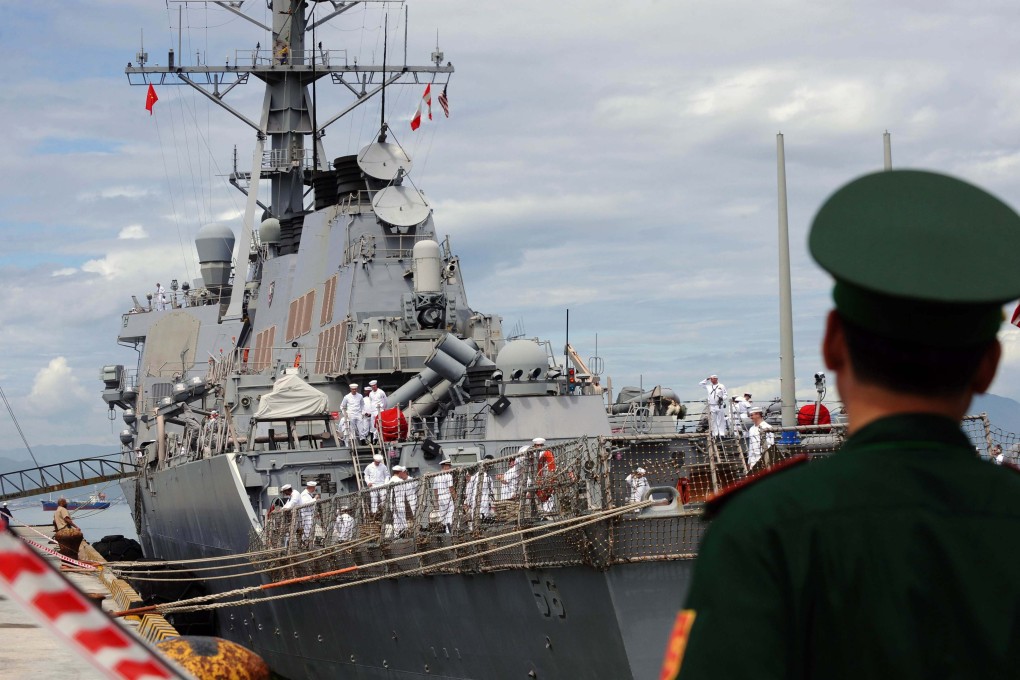Advertisement
Vietnam ‘needs to change’ its reliance on Russian arms. Will the US step in to help upgrade its military?
- US Secretary of State Antony Blinken’s visit could signal a strategic shift in relations, experts say, as Hanoi scouts around for new defence partners
- Vietnam’s dependence on outdated Russian weaponry is eroding its ability to defend itself. But the top brass don’t like dealing with ‘the capitalists’
Reading Time:6 minutes
Why you can trust SCMP
12

Govi Snellin Ho Chi Minh City, Vietnam
Nine bullets. That’s all Khoa* says he fired in the 16 months that he was a conscript in Vietnam’s armed forces. Most of his time was spent farming, raising pigs and marching in formation rather than soldiering.
Now in his thirties, Khoa – who didn’t want This Week in Asia to use his real name because of the sensitivity of the subject – joined a standing army of some half a million soldiers when he was conscripted, but painted a picture of a rather poorly trained and underfunded force.
Vietnam relies on Russia for around 70 per cent of its weaponry, spare parts and repairs of Soviet-era equipment, including an ageing fleet of fighter jets, tanks and warships. Hanoi is the biggest buyer of Russian arms in Southeast Asia and the fifth-largest importer globally.
It’s a relationship that dates back decades, to the time of the Vietnam war, and Khoa believes he now knows why those ties have proved so enduring.

“The commission rate Vietnamese generals ask for is around 10 per cent of contract values,” he said, referring to the cut that the military’s top brass expect to take whenever a new arms deal is signed. “No Western companies accept this practice.”
But this calculus appears to have changed since Russia invaded Ukraine in February last year, creating a dire need for Moscow to retain more munitions for its own use in the gruelling conflict on its border.
Advertisement